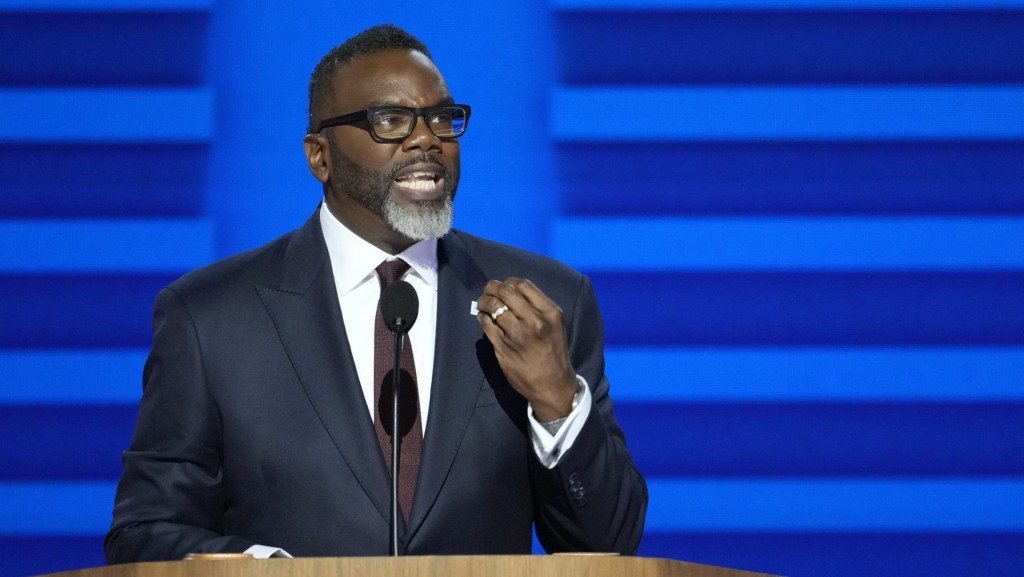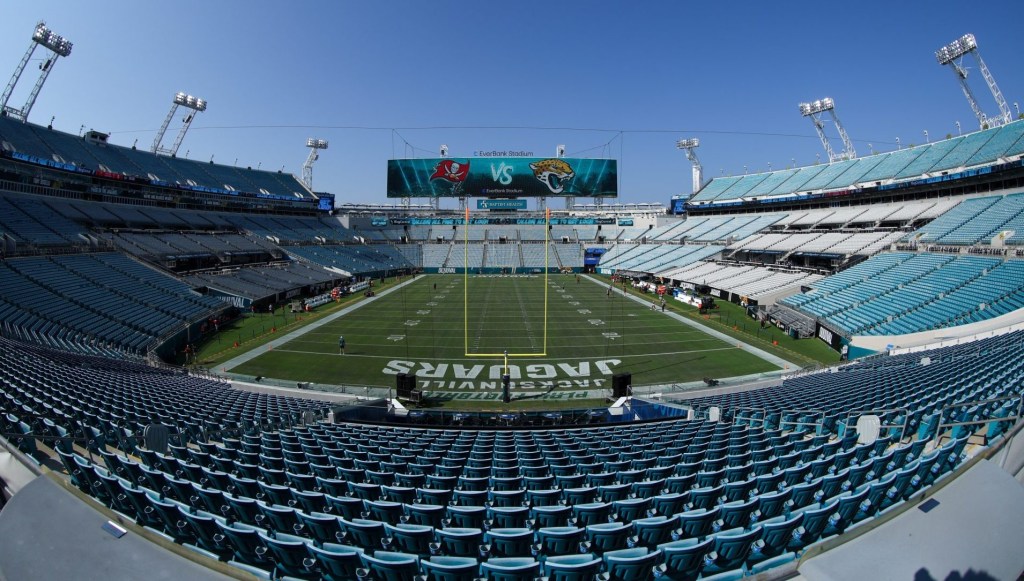The Royals and Chiefs have been neighbors in Kansas City’s Truman Sports Complex for 51 years, and particularly close allies over those decades on a wide range of operational and scheduling fronts. But after a stinging political defeat earlier this month, the franchises are now pursuing separate paths for their respective facility futures.
The two teams received a decisive rejection from Jackson County, Mo., voters in a collective bid to create a new ⅜-cent sales tax mechanism over 40 years to generate as much as $2 billion for a new Royals ballpark and renovations to the Chiefs’ Arrowhead Stadium. After that vote nearly four weeks ago, a growing realization has emerged that both teams will probably now best be served by working on new stadium deals alone.
“The Chiefs and Royals will be working on separate plans for funding their new stadiums,” said Chiefs chairman and CEO Clark Hunt in a weekend press conference. “I really think at this point it makes sense for both of us to work independently.”
In addition to the local kinship, the prior alliance between the Chiefs and Royals was predicated on drawing from the same public funding source. But with that financial option now off the table, both teams will now look at all alternatives, and likely across the entire Kansas City area. Even before Hunt’s most recent comments, Marny Sherman, the wife of Royals owner John Sherman, suggested both teams will be looking to leave Jackson County following the early 2031 completion of their current stadium leases.
Along similar lines, Hunt said he will be looking at a variety of facility possibilities, and, after the prior plan was based on renovating Arrowhead Stadium, he gave increased voice to pursuing a new facility.
“Arrowhead is a special place for our family and our fan base,” Hunt said. “Going forward, it may make more sense for us to be in a new stadium,” adding that the facility could either be open-air or domed.
Despite this separation between the Royals and Chiefs in stadium development efforts, Hunt added “there’s nothing to preclude us from coming back and doing something together.” It is also essentially a given that neither team would want to compete with the other for the same pot of public money. But the likelihood of the two teams ending up in different counties—and perhaps even in different states if Kansas ultimately gets involved in this matter—is now much higher.
“I do feel very much a sense of urgency, and we will approach it from a broader perspective going forward, because time is short at this point, and so we need to see what other options are out there for us,” Hunt said.
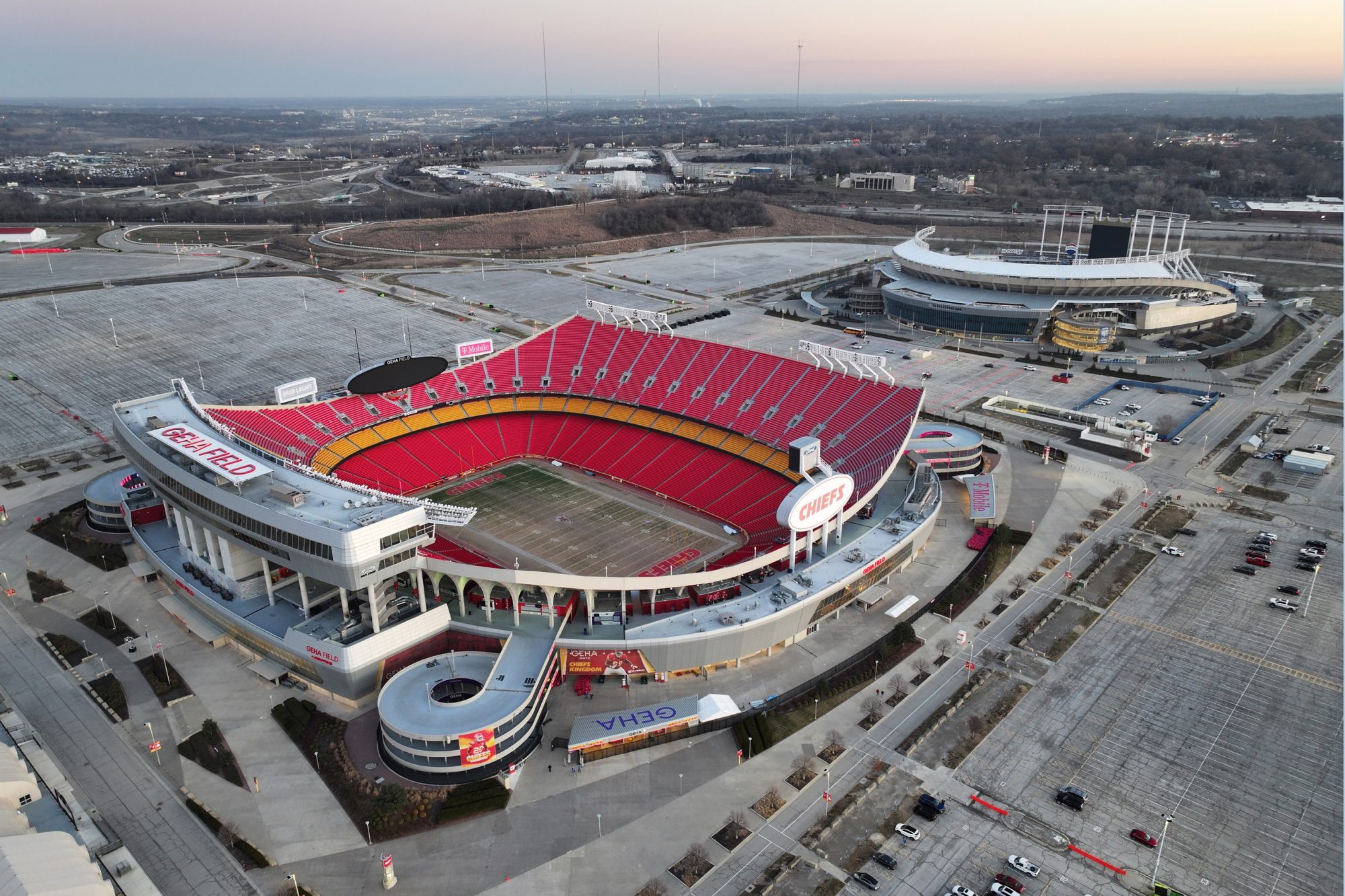
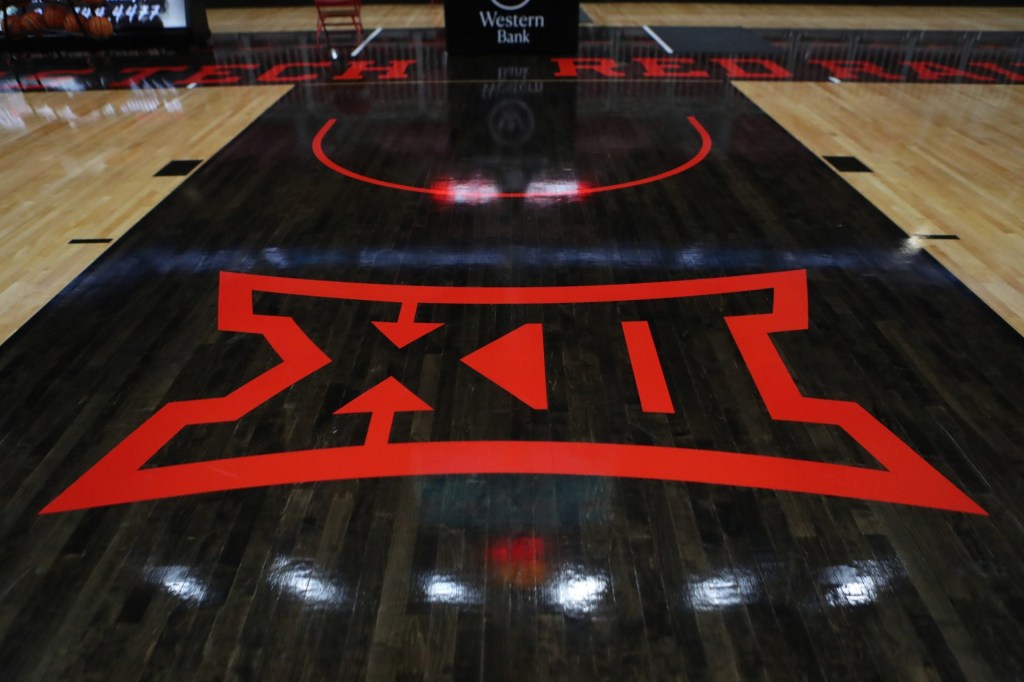
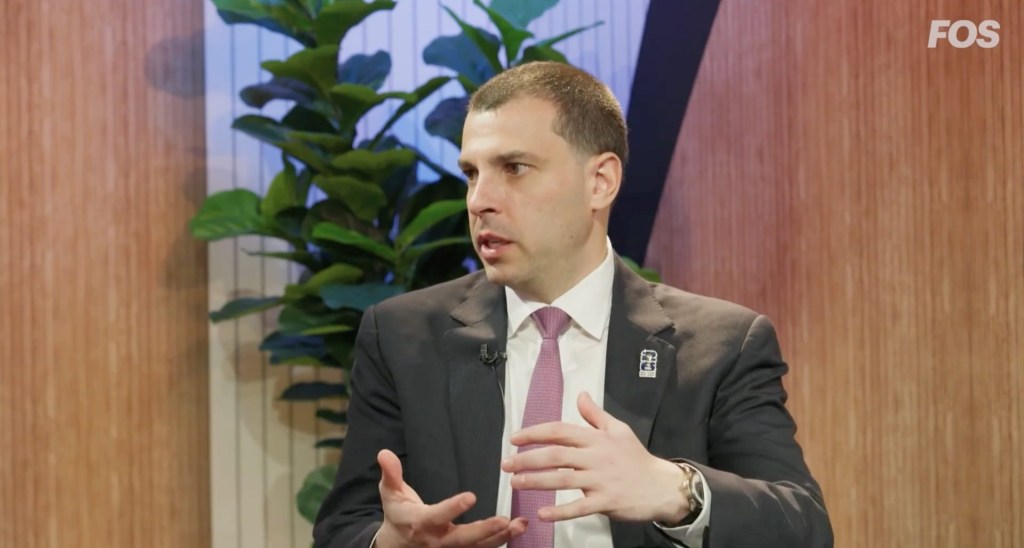
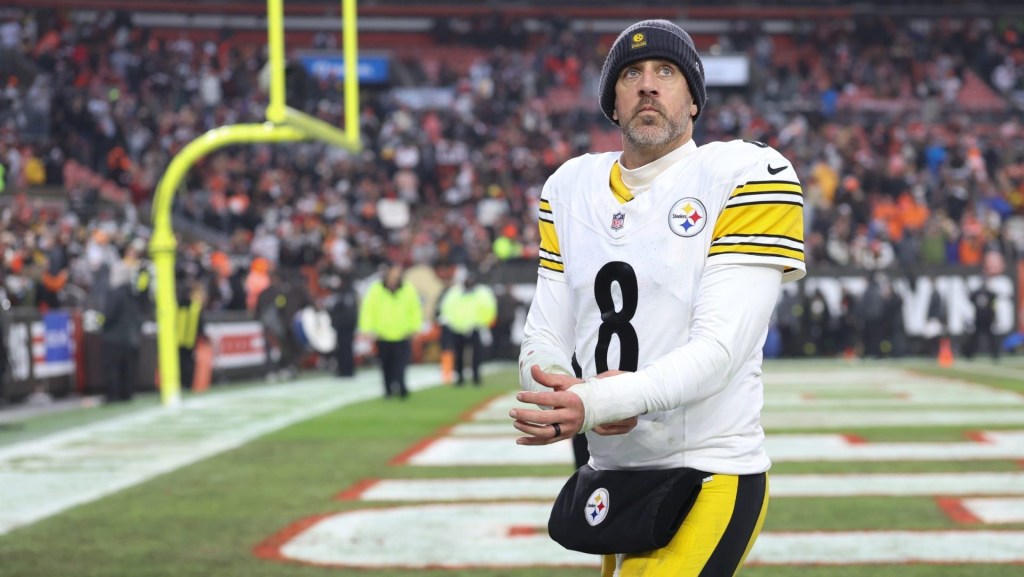



![[Subscription Customers Only] Jun 15, 2025; Seattle, Washington, USA; Botafogo owner John Textor inside the stadium before the match during a group stage match of the 2025 FIFA Club World Cup at Lumen Field.](https://frontofficesports.com/wp-content/uploads/2026/02/USATSI_26465842_168416386_lowres-scaled.jpg?quality=100&w=1024)
![[Subscription Customers Only] Jul 13, 2025; East Rutherford, New Jersey, USA; Chelsea FC midfielder Cole Palmer (10) celebrates winning the final of the 2025 FIFA Club World Cup at MetLife Stadium](https://frontofficesports.com/wp-content/uploads/2026/02/USATSI_26636703-scaled-e1770932227605.jpg?quality=100&w=1024)


